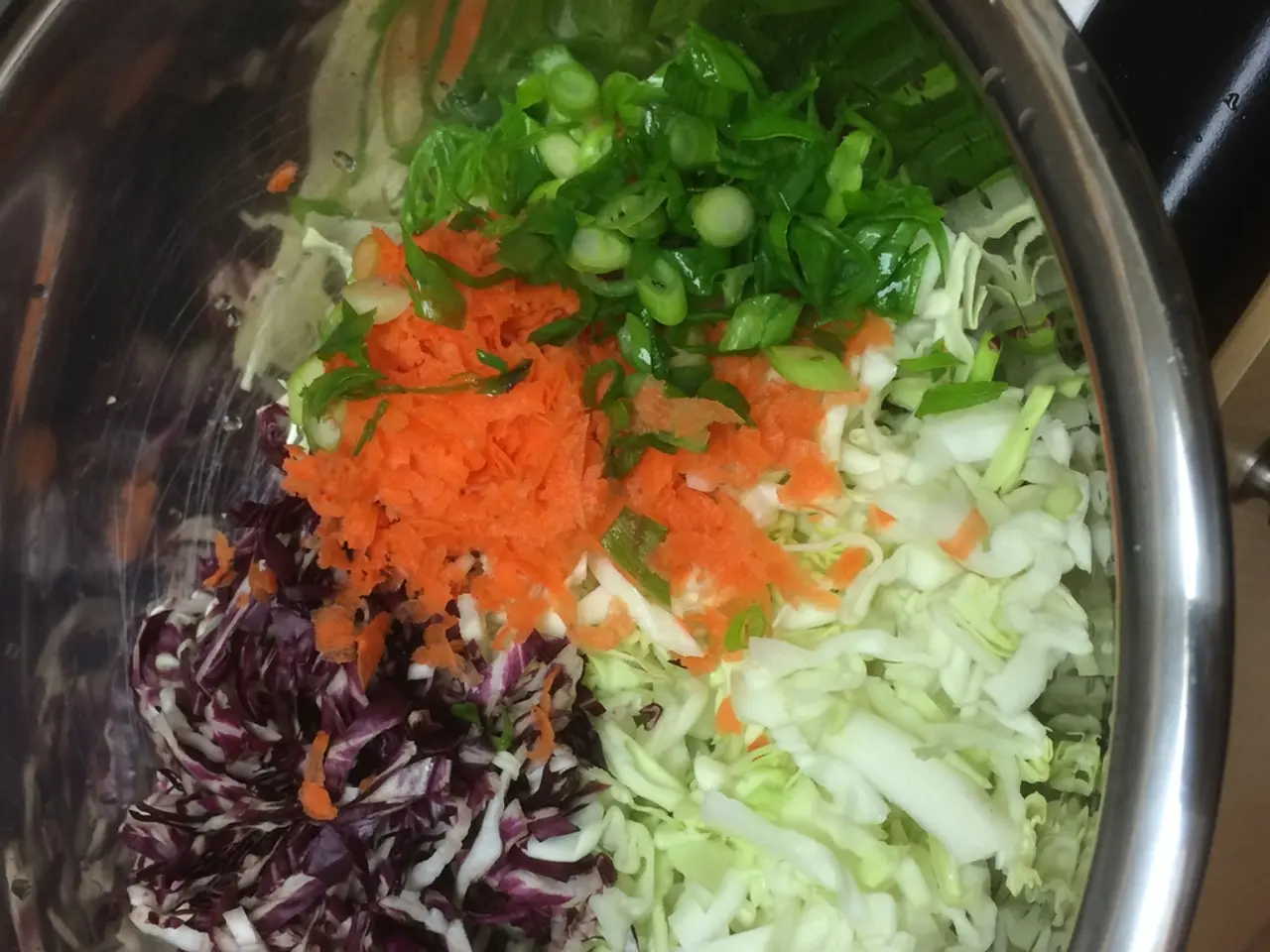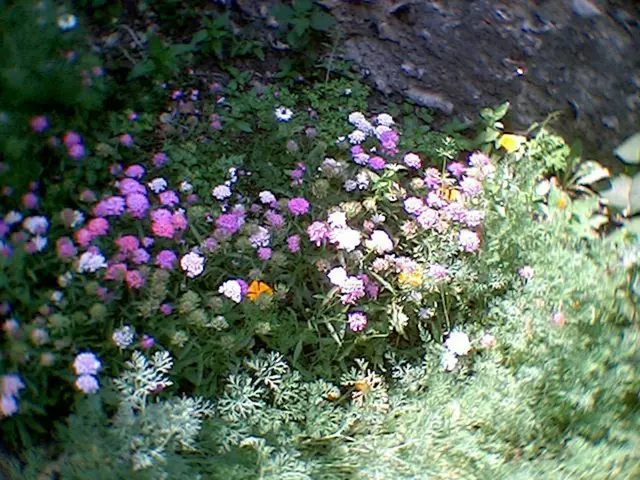Garden Composting: An Overview of Kitchen Waste Decomposition in the Outdoor Soil
Get Gorgeous, Lush Plants with Ease - Try Kitchen Scrap Composting Now!
Are you tired of wasting precious food, only to see it end up in a landfill? What if I told you that those leftover kitchen scraps could help create vibrant, healthy plants in your garden? With a simple composting method, you can turn your kitchen waste into super soil - all without breaking a sweat!
While the notion of composting might seem daunting, think again. Burying your kitchen scraps, especially those chicken bones and rotten vegetables, directly in your garden beds is an age-old practice known as trench composting (or sometimes as "the lazy man's composting"). And guess what? Your grandmothers probably did it!
Sit Back and Watch the Magic Happen
When you bury your food debris in the garden, your garden becomes a smorgasbord for worms. As these wriggly little helpers munch away on the fruit peels, vegetable ends, and even those chicken bones, they transform them into a rich, nutrient-heavy castings - a fancy gardener's term for worm poop. Once mixed into the soil, you're not only feeding the worms, but also enriching your soil with essential nutrients.
No More Pricey Fertilizers - Save Your Hard-Earned Cash
Stop splurging on store-bought fertilizers with mystery ingredients. Your kitchen scraps hold all the nutrients your plants need, and as they decompose, they release a steady stream of nutrients right back into the soil. This is a slow-release fertilizer, ensuring your plants enjoy all-season, nutrient-rich growth without breaking the bank!
Nourish Your Soil for Stronger, Healthier Plants
By burying your kitchen scraps, you also improve the entire garden ecosystem. Worms tunneling through the soil aerate it, which enhances water flow and allows plants' roots to breathe and absorb more nutrients. It's a win-win situation!
Trench Composting Like a Pro
Ready to give it a shot? Remember these simple tips:
- Proper Burial: Dig a 6-12 inch deep hole and drop your kitchen scraps inside. This ensures the scraps decompose effectively and keeps away unwanted guests like pests and rodents.
- Avoid Piling Up: Scatter your scraps around your garden instead of concentrating them in one spot to give your plants room to grow and breathe.
- Know Your Limits: While most kitchen scraps are fair game, steer clear of bones, fish heads, and other smelly items that could cause problems.
Time to Stop Wasting and Start Growing!
Burying your scraps might be the easiest (and cheapest!) gardening trick you've ever tried. So what are you waiting for? Get digging and watch your plants grow stronger and healthier than ever before!
A Little Bit About Me
Hi there! I'm Bonnie - the mastermind behind this tips and tricks extravaganza. I'm all about finding creative, natural solutions for everyday problems, because who needs chemicals when Mother Nature provides us with everything we need? Between hiking, cooking, and home decorating, I've always got something exciting up my sleeve to share with you. So stay tuned!
- By burying your kitchen scraps in the garden, you're not only contributing to organic waste reduction but also creating a rich, nutrient-filled soil that can help your garden thrive.
- Trench composting, or the 'lazy man's composting', is a simple, age-old practice that allows worms to transform your kitchen waste into valuable castings, enriching your garden soil.
- Instead of spending money on pricey, chemical-laden fertilizers, you can reap the benefits of a slow-release, natural fertilizer by burying your kitchen scraps in the soil.
- Trench composting not only improves the soil quality but also boosts the overall garden ecosystem by promoting better water flow, aeration, and increased nutrient absorption for your plants.
- Embrace a greener, more sustainable lifestyle by trying kitchen scrap composting. It's an easy, cost-effective way to help the environment, enrich your garden soil, and grow healthier, vibrant plants.








